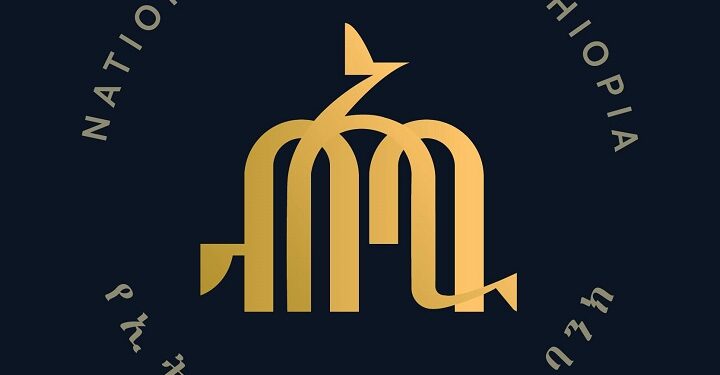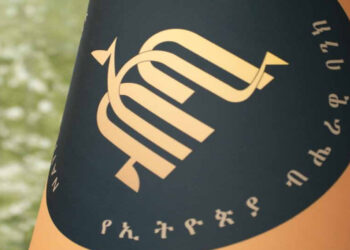The National Bank of Ethiopia’s (NBE) Monetary Policy Committee (MPC) held its inaugural meeting on December 31, 2024, marking a significant step in the country’s efforts to strengthen monetary policy frameworks. The MPC reviewed Ethiopia’s macroeconomic performance and proposed measures to sustain price stability and support economic growth.
Inflation in Ethiopia has continued to decline, reaching a five-year low of 16.9% year-on-year in November 2024, driven by tight monetary policies implemented since August 2023. Food inflation remained elevated at 18.5%, but its downward trend reflects easing pressures. Non-food inflation, at 14.4%, showed a slight increase, partly due to exchange rate effects and price adjustments. Notably, November’s month-on-month inflation declined by -0.8%, aligning with seasonal trends and indicating limited exchange rate pass-through effects.
Ethiopia’s economy has demonstrated strong growth momentum. Real GDP grew by 8.1% in the 2023-24 fiscal year, supported by a favorable agricultural season, industrial expansion, and a recovery in services like tourism and air transport. Indicators point to continued strong growth in 2024-25, driven by record agricultural harvests and robust industrial output in sectors like electricity and steel.
Key monetary aggregates, including broad money and base money, saw higher growth rates at the start of the current fiscal year, increasing by 20% and 17% year-on-year, respectively. Despite these increases, monetary aggregates relative to nominal GDP have declined significantly, suggesting room for gradual expansion to sustain medium-term growth.
Ethiopia’s banking sector remains stable, with low non-performing loans (NPLs) and adequate capital levels. However, liquidity challenges persist, reflected in high loan-to-deposit ratios and low excess reserves in private banks. The NBE has introduced measures like an inter-bank money market and a Standing Lending Facility to alleviate liquidity constraints.
The exchange rate reform of July 2024 has bolstered Ethiopia’s external position. Exports and remittances have grown significantly, while capital inflows have surged. Combined with modest import compression, these factors contributed to a current account surplus in the first quarter of the fiscal year and record-high FX reserves at both the NBE and commercial banks.
Ethiopia has benefited from favorable global conditions, including declining oil prices and rising prices for its key exports like coffee and gold. While some global economies have slowed, Ethiopia’s trade and foreign direct investment (FDI) flows remain largely unaffected, highlighting the country’s improving economic resilience.
MPC Decisions and Recommendations
After reviewing these developments, the MPC decided to maintain a prudent monetary stance while making modest adjustments:
- Policy Rate: The National Bank Policy Rate (NPR) remains unchanged at 15%, emphasizing the need to reduce inflation and stabilize exchange rate expectations.
- Credit Growth Target: Adjusted upward from 14% to 18% to support economic activity amid tight liquidity conditions.
- Other Rates: No changes were made to deposit and lending facility rates or reserve requirements for banks.
The MPC emphasized that future policy decisions will be guided by inflation trends and the broader economic outlook. The next meeting is scheduled for March 25, 2025.





















